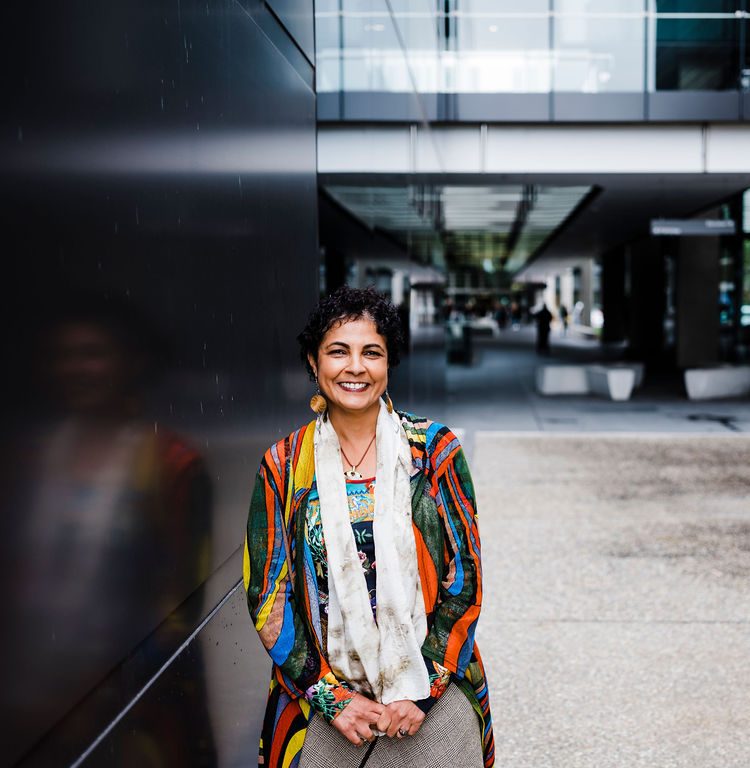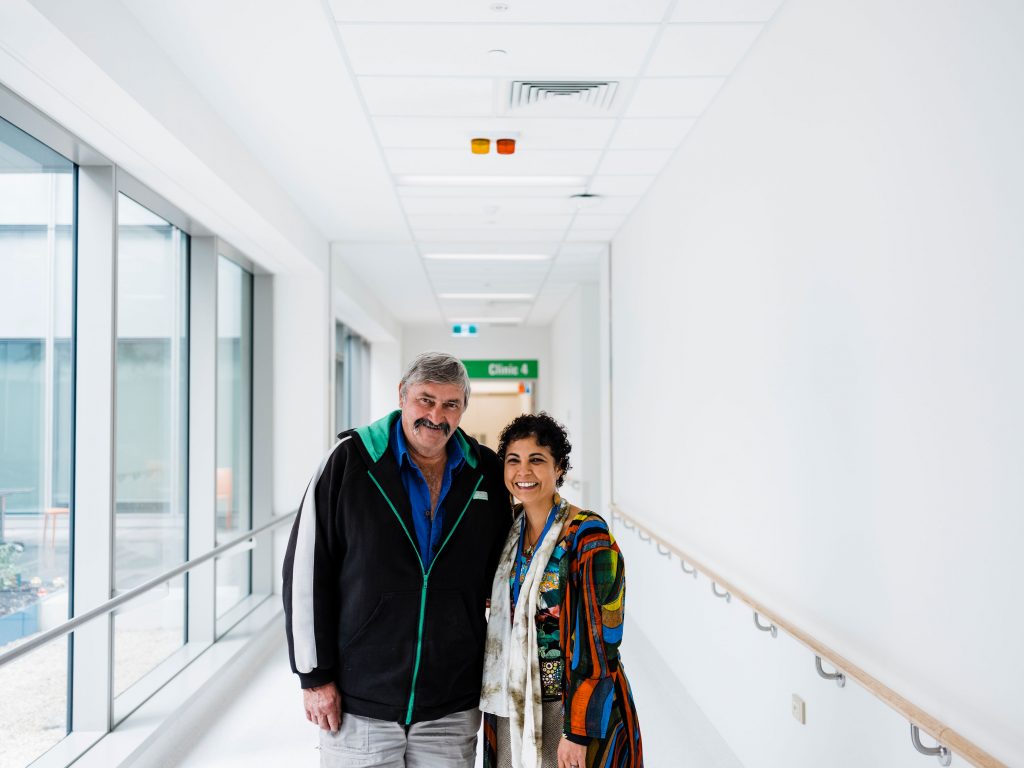Dayse's Story
“The reality is that patients with single-sided deafness go through many issues that are totally ignored in the community.”

“The reality is that patients with single-sided deafness go through many issues that are totally ignored in the community.”

Dayse Távora-Vieira’s bright smile and technicolour presence belie her quiet nature.
A self-confessed shrinking violent, Dr Távora-Vieira prefers to listen rather than talk.
“I have always been very shy,” she confesses. “I have always been considered by my friends to be a very good listener. And I always had a passion for how we relate to the world,” she says.
We relate, she observes, through our senses. “It’s what you smell, what you feel, what you taste, what you see, what you hear. Imagine not to have that. What would that be like? The world doesn’t exist.
“So I always had an interest in senses and hearing because … you can close your eyes and try to go around pretending that you are blind. But what,” she wonders aloud, “is it to be deaf?”
That profound compassion for an often overlooked or underestimated impairment has seen Dayse become an audiologist who is recognised internationally and beloved locally — especially by her patients, who are treated with the utmost respect and even affection. The mother of two is proud of her very egalitarian, personal style.
“As a medical student I saw a lot of people who had a lot of academic knowledge but this was not really translated to the patient. I remember thinking: “When I’m a doctor, I will make sure I do things differently,’” she says.
“What I don’t want is to have this academic that doesn’t mean anything to the Mr and Mrs that comes through the door. A knowledge that does not reach my patient and he/she even doesn’t understand it. So I wanted my research to be translated to the daily clinical activity and my patient really knows what I am doing and why.”
Dayse sees many doctors keeping an emotional distance from their patients as a means of self preservation. “As a medical student we were encouraged to not to get emotionally involved … because ‘you cannot be suffering every single day with every single patient.’ Well, I am not very good at that. I am the type of clinician that will still go home crying and I am not ashamed of that because that’s what is needed, the human side of it.”

This appreciation for a human touch can be traced back to when Dayse spent a traumatic couple of months in hospital as a child in her native Brazil. Then, parents were not permitted.
“I remember the terrified feeling of being on my own,” she says. “I think that was the start of my interest in health.”
Dayse focuses on single-sided deafness, an impairment that has historically been dismissed by parts of the profession with a “Why do we need to worry about single sided deafness if you have hearing in one side?”
“The reality is that patients with single-sided deafness, they go through many issues that are totally ignored in the community.”
Dayse’s research has looked at the overwhelmingly successful move towards treating single-sided deafness and associated tinnitus with cochlear implants.
When she met her now husband — a researcher — she told him: “I’m never going to be a researcher.” But Dayse’s research isn’t in a pristine, sterile lab — it’s with people. “I don’t feel that I do research in the traditional way of perceiving research” she explains to her husband. “I need to see how my research is benefiting you, if you are my patient.”
Dayse says her husband’s support is integral to her work, which she admits has her burning the midnight oil. “Everybody asks ‘How do you do it?’ How do I do it? I can only do it because I have the husband that I have. We share 2 kids, many dreams, the passion for knowledge, and the workload…” As for the kids, 8 and 10, they don’t miss out. “I work only when they go to sleep.”
Donate today to support research